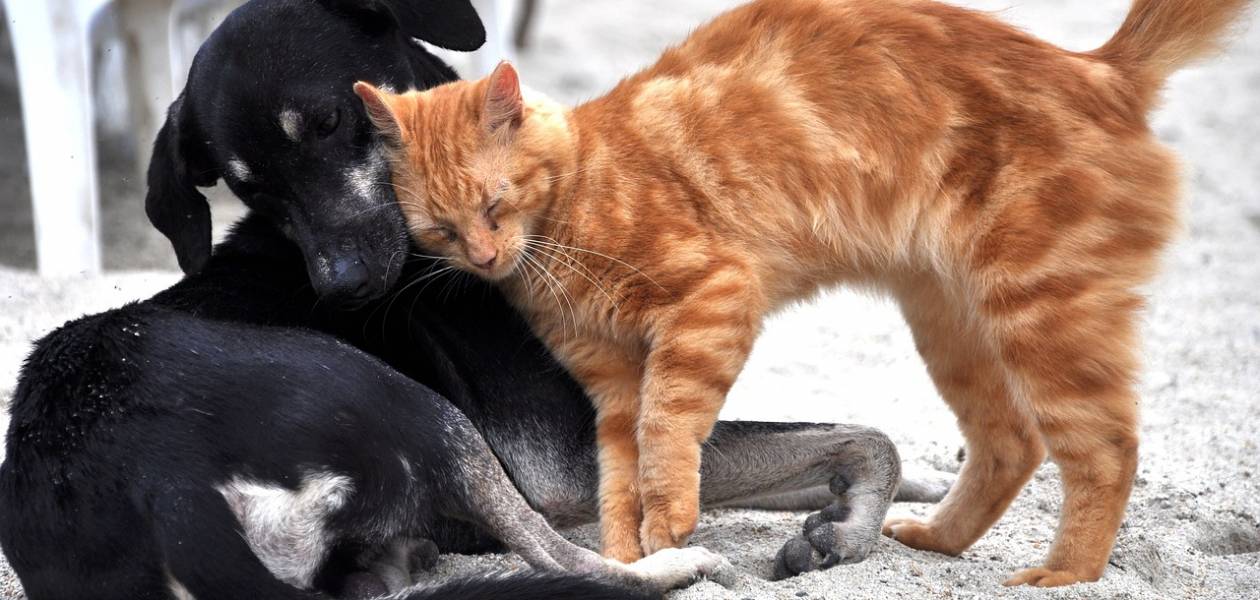
For the first time, the welfare of cats and dogs will be protected by EU legislation. The proposal is set to introduce long overdue measures on the traceability of cats and dogs, breeding practices and imported animals, but further work is required to tackle extreme breeding and online sales.
The lack of proper traceability, which hinders controls and enforcement when tackling illicit trade, has finally been addressed through the proposal of national databases that must be interoperable at EU level. All cats and dogs must now be identified and registered by a veterinarian or qualified person.
It is welcoming to see that the five domains concept is fully embraced by the regulation, not only through the absence of negative experiences but by encompassing positive ones. The proposal includes several measures to improve breeding practices, most notably a requirement for breeders to gain approval from competent authorities, with permission only provided after inspection, yet the frequency for such inspections is not yet defined. Approved establishments must be included by authorities in a public list, while caretakers need to obtain certification following mandatory training.
It is positive to see that these requirements would also apply to imports, to ensure that the EU does not feed cruel practices abroad.
In other good news, the legislation addresses the online pet trade, however, there is room for improvement in order to ensure tighter measures for safer and more secure online sales of cats and dogs.
The conclusions of the EU Animal Welfare Platform Voluntary Initiative on the health and welfare of pets (dogs and cats) and the EFSA’s opinion on housing and health have been acknowledged to a large extent. Cosmetic and convenience surgeries, including mutilations, such as ear cropping and tail docking, will be strictly prohibited, unless they are performed for medical reasons.
The proposal does fail, however, to address other important measures such as a ban of sale of cats and dogs in pet shops, the abuse of artificial insemination, and sufficient actions to control extreme breeding: “minimising negative welfare consequences” may be too broad to be addressed as it deserves. An ownership ban, as well as a ban on the use of extreme featured breeds in the media and in exhibitions and competitions, could provide much better restrictions.
The need for these measures are highlighted in the findings of the EU enforcement actions on illegal pet trade, published yesterday, which shed light on the major routes for fraud concerns, and identified the challenges in tackling such trade. An estimated 438,000 dogs and 80,000 cats are offered at any given time online, with fraud still rampant. The report highlighted the importance of ongoing collaboration between Member States as well as tools that can facilitate this.
"Today marks an important milestone for the welfare of cats and dogs, and the publication of the European Commission’s report on illegal trade further demonstrates the need for this legislation. The overdue measures for animal welfare and traceability within the EU are critical, yet we must address shortcomings, to control the rampant illegal pet trade happening online, through enhanced communication between Member States, training, effective enforcement, and harmonisation of regulations." - Reineke Hameleers, CEO, Eurogroup for Animals
Animal protection organisations reiterate the need for the EC to come forward with a timeline for the missing proposals that were previously announced, in particular the Kept Animals and Slaughter Regulations, which will benefit billions of farm animals each year.
Posted on 2023-12-12 14:47








Comments